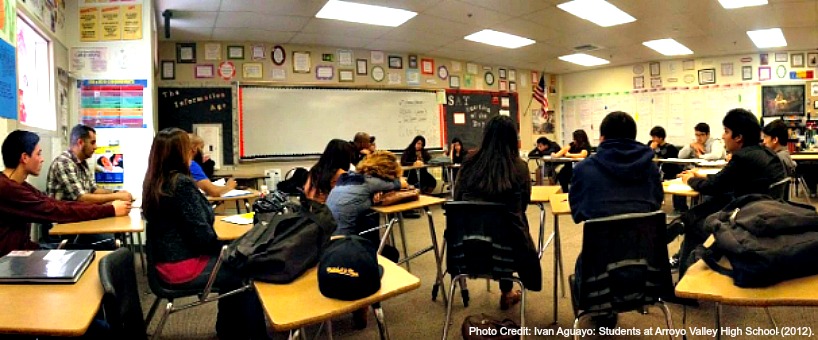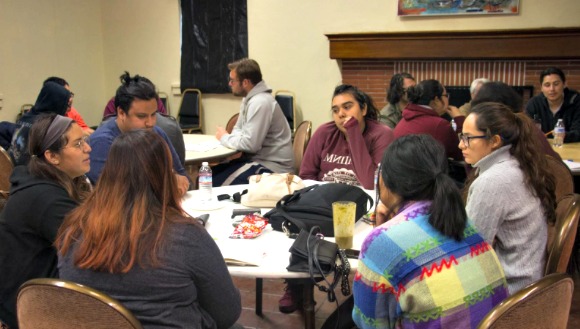John Dewey wrote books that broke down his philosophies such as Democracy and Education, My Pedagogic Creed, and The School and Society and The Child and the Curriculum. Something Dewey wrote particularly caught my attention, “The child would experience school as being in a community. This would help the child learn how to share and communicate with others. Problems would be presented to the child and by trial and error the child would be able to solve the problem.”
Unfortunately, this concept about students experiencing school in a community isn’t a foundation for many of the experiences teachers put into the classroom for students. Often, it is left up to teachers to be the sole teacher. Don’t get me wrong, there are teachers who implement peer to peer learning and group activities, but that may be too late for some students.
I believe that it is necessary for the cognition of young students to learn this concept of community at the right age. At the early ages of five years old to seven years old, this is when these young students are learning to speak, write, and read. During this skills development time, it becomes clear to school teachers and administrators who will either succeed in education or be someone who will struggle through education. At these ages students should be taught communal efforts through academic activities. If students are taught community at an early age and from such a community, then they will be more successful in and outside of the classroom.
Students in first grade are able to understand logic and reasoning to make their decisions. Therefore, it is absolutely necessary to provide a community-like classroom. Where decisions are made together thoroughly, students lead conversations, and students are able to communicate effectively with everyone in their classroom.
As a society, we don’t know how to have “tough” conversations, instead we divide ourselves because we weren’t taught to have a conversation with others who don’t share the same values. This had led to the continued party polarization and dehumanization within political spaces. This is one of the most self destructive flaws of governance. If people knew how to build community, they would be more willing to be involved in their local governments and hold elected leaders accountable. We would have better elected officials who meet the needs of their communities and are better leaders overall.
Elected officials, educators and others always say, “the children/young people are the future,” but we don’t have to be the future, young people can be the now. The now that has a voice in decisions that are made on their behalf in schools, and in other local governments. That’s why we need to encourage elementary schools to build curricula that will helps students learn how to be a part of a community at the foundation of their education.


